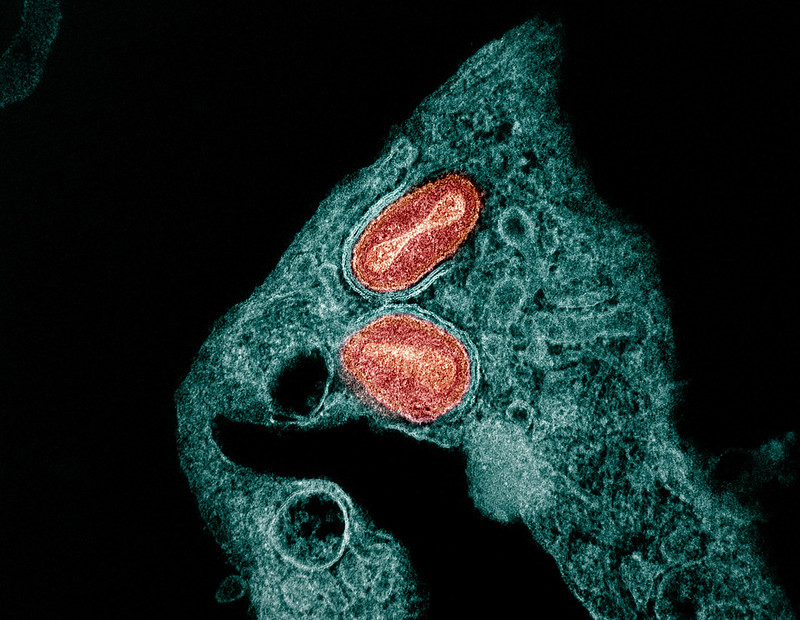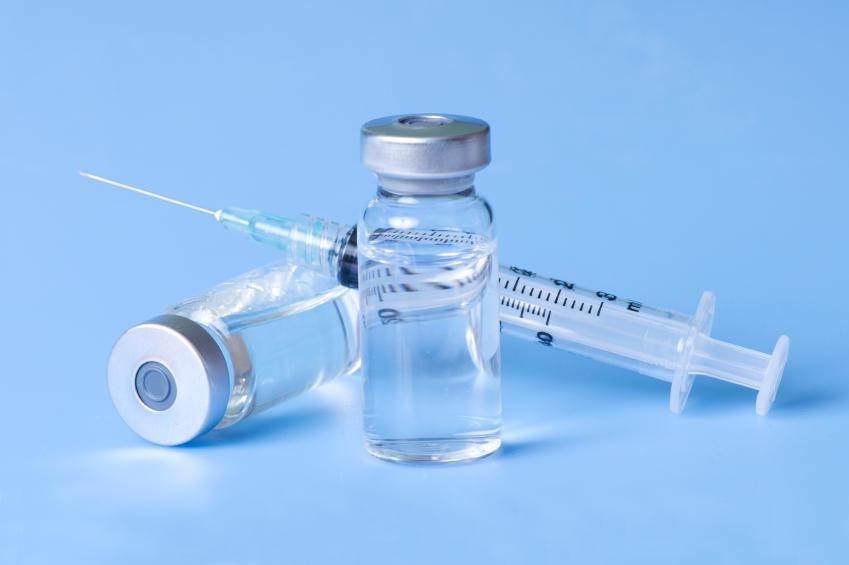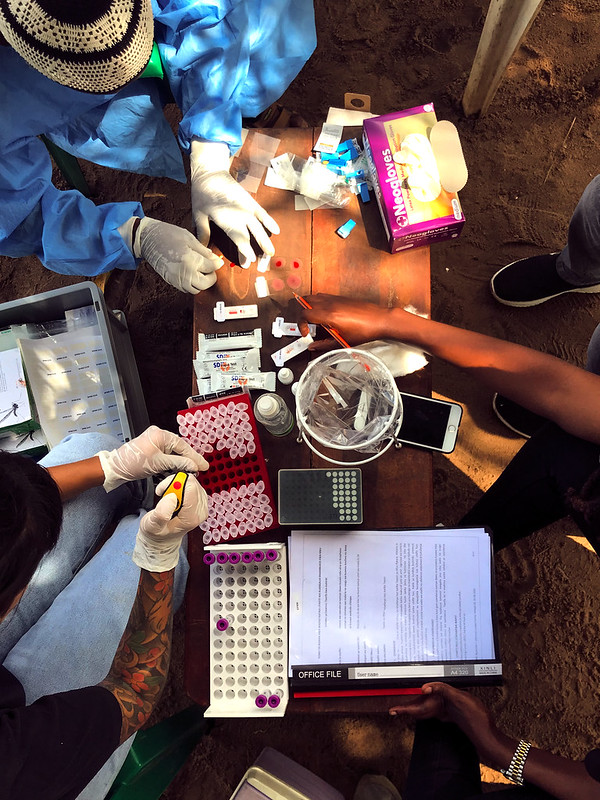Mpox activity in Africa continues at a steady pace, with 3,095 cases reported over the past week, 2,632 of them from the main hot spot, the Democratic Republic of the Congo (DRC), a top official from Africa Centres for Disease Control and Prevention (Africa CDC) said today at a briefing.

Ngashi Ngongo, MD, PhD, head of Africa CDC's mpox incident management team, said 31 more deaths were reported, 29 of them in the DRC. Since the first of the year, the region has reported nearly 70,000 cases in 20 countries. As activity continues to fluctuate, Guinea moved from the controlled stage to active transmission last week, with five countries remaining in the controlled stage: Gabon, South Africa, Morocco, Zambia, and Zimbabwe.
Ngongo said the first 50,000 doses of the LC16 vaccine donated by Japan are expected to arrive in Kinshasa this week, with as many as 3 million doses available starting in February. Japanese experts are hosting workshops this week with the health ministry on use of the vaccinec, which is administered with a bifurcated needle and requires extra healthcare worker training. The vaccine from Japan's stockpile had been used in children before, and the product will fill a gap in vaccinating young children, since it can be used on children as young as 1 year old.
Review identifies response priorities
Ngongo said Africa CDC and the World Health Organization (WHO) this week led a continental review of the mpox response, which included officials from nine affected countries and seven response partners.
The group identified eight priorities that are urgently needed to tackle the ongoing outbreak, including mobilizing more resources, intensifying support for the hardest-hit countries, improving data management systems, and speeding and expanding vaccination. Other key priorities were focusing an integrated approach to the response that focuses on the community, addressing coinfections such as measles, sharing lessons learned among countries, and improving surge staffing support.












